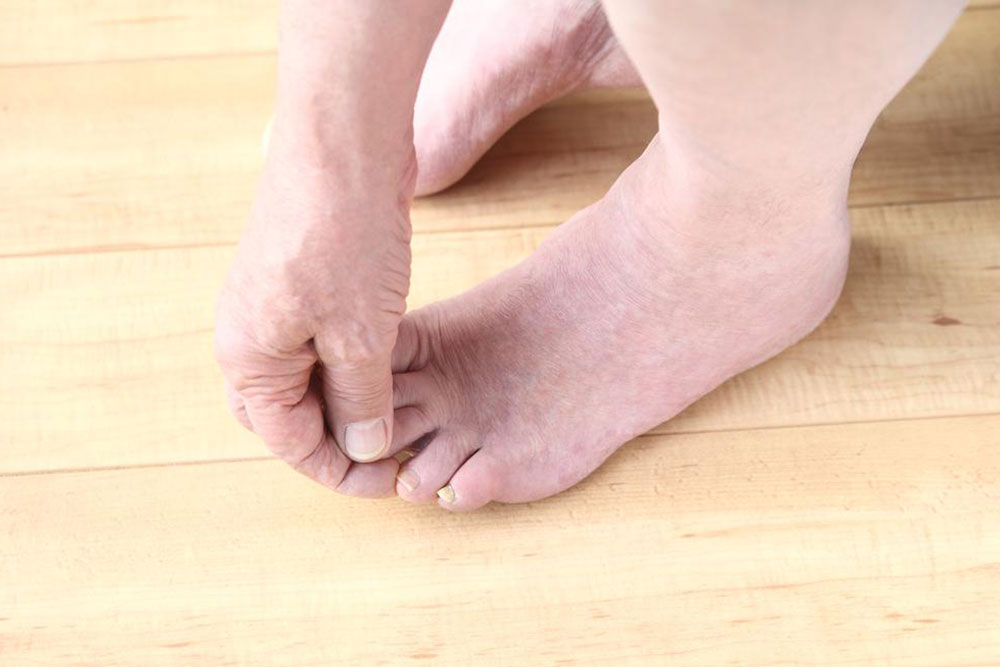Effective Approaches to Alleviate Diabetic Nerve Pain
Learn effective methods to manage diabetic nerve pain through blood sugar control, lifestyle changes, and medication. This article explores key factors influencing nerve health and practical treatment options to ease symptoms and improve quality of life for diabetics.

Effective Approaches to Alleviate Diabetic Nerve Pain
Chronic diabetes may result in serious health complications if blood glucose levels are not properly managed. Consistently high blood sugar can lead to diabetic neuropathy, which damages nerves responsible for sending signals from limbs to the brain.
This nerve impairment produces symptoms like numbness, tingling, and burning sensations in the hands and feet, often referred to as diabetic nerve pain. The severity of symptoms ranges from minor discomfort to debilitating pain, depending on nerve damage extent.
Maintaining blood sugar balance and adopting a healthy lifestyle are crucial for preventing nerve-related symptoms.
Key factors influencing diabetic nerve issues include:
Hypertension: High blood pressure worsens nerve damage by reducing oxygen delivery and impairing nerve function.
Obesity and Triglycerides: Excess weight and elevated triglyceride levels increase the risk of nerve deterioration and discomfort.
Cholesterol Levels: Low HDL (good cholesterol) and high LDL (bad cholesterol) raise the likelihood of peripheral neuropathy.
Strategies to Reduce Diabetic Nerve Pain:
Although nerve damage cannot be reversed, treatment options aim to slow progression and reduce symptoms. Achieving blood sugar control through diet, exercise, and medication is essential. Avoid smoking, limit alcohol, and maintain a healthy weight are also important.
Over-the-Counter Solutions: Non-prescription pain relievers like ibuprofen or acetaminophen can provide temporary relief but should be used under medical supervision for long-term management due to possible side effects.
Antidepressant Drugs: Tricyclic antidepressants can block pain signals, decreasing discomfort. SNRIs may have fewer side effects. Always consult your doctor before starting these medications.
Intensive pain treatments: Stronger medications like opioids are reserved for severe cases and must be monitored carefully because of addiction potential.
Antiseizure Medicines: Drugs designed for epilepsy can reduce nerve pain but might cause side effects like drowsiness and swelling.
Physical Therapy: Low-impact exercises such as swimming can alleviate symptoms. Proper guidance from trained therapists ensures safety and effectiveness.
It's important to note that physical therapy aims to manage symptoms, not cure the condition.
Capsaicin Creams: Topical capsaicin can help interrupt pain signals. Use with caution after consulting your healthcare provider, as allergic reactions might occur.
Successful management involves combining medication, lifestyle changes, and professional guidance. Always seek medical advice before starting new treatments and adopt healthy habits for better nerve health.


